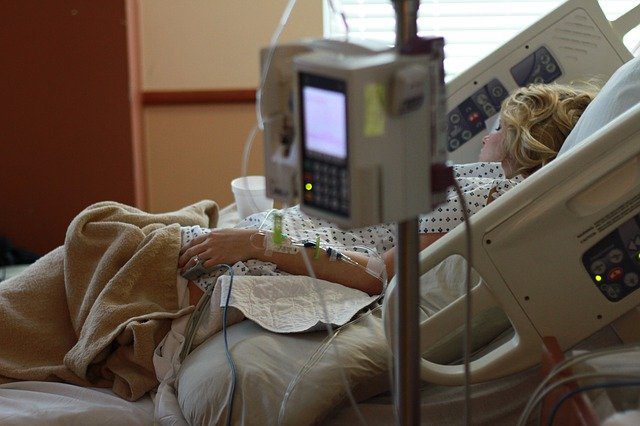Healthcare Power of Attorney Lets You Appoint An Agent

Despite all the measures you take to protect your family’s health and safety, life throws you a curve ball. If you suffer a stroke or another debilitating medical event that leaves you unable to speak, respond, or otherwise communicate, you’ll be unable to answer critical questions regarding your medical and financial wishes.
To prepare for the unexpected, take control by appointing a healthcare power of attorney (POA). Here are the issues to consider regarding a POA:
What Can You Include in a Healthcare POA?
It’s wise to name someone you trust to act on your behalf in a medical emergency. A healthcare POA lists the person who carries out the wishes you declare in advance, such as placing a “do not resuscitate” or DNR order on your medical chart.
A DNR instructs your providers not to administer cardio-pulmonary resuscitation (CPR) or other life-saving measures that may leave you on artificial respiration or life support indefinitely. If you prefer not to have a breathing tube inserted into your lungs, you can state this in advance, and the person your POA lists can ensure your doctors don’t give you a breathing tube.
In Ohio, you can create “advance directives” that combine a Living Will (a document regarding issues such as the DNR order) and a Healthcare Power of Attorney. These documents relieve your loved ones by taking the burden of a difficult decision off their hands.
You can choose someone other than a close family member to have a Healthcare POA. A medical directive may be too difficult or confusing for your spouse or child to carry out, so you may prefer having a trusted friend enact your wishes.
Questions to Consider
As you draw up your Healthcare POA and other documents, it’s worth considering all the implications of your decisions. Here are some questions you should ask yourself:
- Would you be willing to be fed through a tube to keep you alive?
- How much pain relief would you want? Are you willing to be given medications with side effects that would cause you to pass away more quickly?
- Would you want to donate your organs after your demise?
Protecting Your Future with Estate Planning
The possible scenarios regarding a medical emergency or your death aren’t easy to consider. However, it’s crucial to make plans in the event of an accident, a heart attack, or a severe injury, especially if those events rob you of your communication or decision-making capacities. A supportive estate attorney with Donnellon, Donnellon & Miller will ask you the questions you need to consider during estate planning. They’ll also guide you on the best strategies for protecting your assets and those you love.
